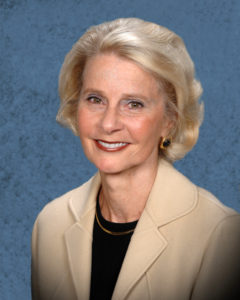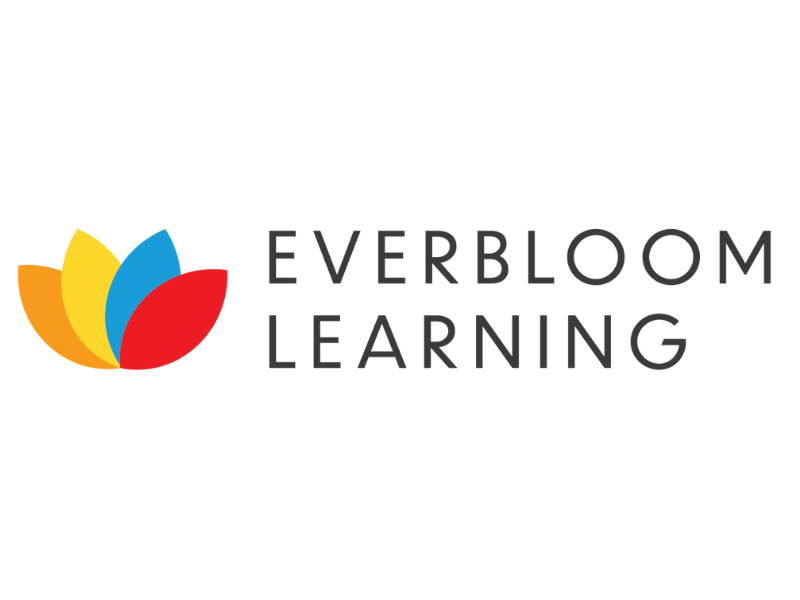
In 1975, with the support of local philanthropists, Paula Jorde Bloom designed and brought to life the child care center of her dreams in Alamo, California. Classrooms were spacious. Windows were abundant. Farm animals and a vegetable garden were thriving in an expansive yard. Children were happy and engaged with a developmentally appropriate curriculum. Yet, something was missing. Operating a sustainable program required more skills and knowledge than Paula felt she possessed.

Dr. Paula Jorde Bloom
“While I had been a very talented and accomplished classroom teacher, I had no clue about program administration and had had no formal organizational leadership and management courses,” Paula reflected. “At that time, I didn’t know the difference between a debit and a credit.” This experience fueled Paula’s passion and life’s work.
Paula dedicated the rest of her life to not only bringing national attention to the role of leaders in early care and education, but also to inspiring those leaders to learn more and improve the quality of their programs. She went on to be an instructor at Mills College and the director of the campus lab school. Paula completed her doctorate at Stanford University, moved to the Chicago area, and started as an assistant professor at National Louis University (then National College of Education).
In 1985, she applied for and received a $600 Membership Action Grant from the National Association for the Education of Young Children (NAEYC) to start the Early Childhood Professional Development Project. Ultimately, the project, which focused on directors of early care and education programs, led to the founding of another center. This one, though, would focus on leadership development for those in early childhood. Her goals for the McCormick Center for Early Childhood Leadership were to identify, define, and support the competencies of early childhood program administrators and to bring credibility to the importance and complexity of the administrator’s role.
Throughout the next 30 years, Paula devoted her work to supporting program administrators. She authored scores of journal articles and resources including the widely read Director’s Toolbox management book series and the Early Childhood Work Environment Survey (ECWES), an organizational climate assessment tool. She also co-authored the first valid and reliable tools to measure early childhood leadership and management, the Program Administration Scale (PAS) and the Business Administration Scale for Family Child Care (BAS).
Paula’s far-reaching impact on the field of early childhood is widely recognized and much celebrated. For Paula’s retirement celebration in 2014, scores of colleagues across the country called the McCormick Center to leave Paula voicemails of endearment, congratulations, and a tremendous amount of gratitude. You can listen to some of them here, as well as read Paula’s inspiring retirement address. Unsurprisingly, Paula did not stop working when she “retired.” Instead, she worked on new editions of several of her most widely read books and trainer’s guides. And, despite knowing her time among us was nearing an end, Paula continued to work on projects and offer insights that will undoubtedly move the field forward. Paula passed away on February 17, 2018, after living with cancer for nearly two decades.
Paula took a $600 grant and built a thriving, nationally recognized organization with an annual budget of more than $5 million. Today, the McCormick Center is a driving force in improving the quality of early childhood education nationwide, supporting administrators in their passion to provide high-quality programs for the families and children who depend on their leadership.
Thank you, Paula. Thousands of children, families, and early childhood leaders have a brighter future because of you.
After her passing in early 2018, Paula’s family established the Paula Jorde Bloom Scholarship Fund to support emerging early childhood leaders who are dedicated to providing the highest quality care and education for children and families. Become part of Paula’s legacy by supporting the development of the next generation of early childhood leaders.
You can give by clicking the button below, which will take you to a donation page for National Louis University, the McCormick Center’s parent organization. Be sure to indicate “McCormick Center for Early Childhood Leadership” when making your gift.

Leadership books and resources authored by Paula are available for purchase from Everbloom Learning, formerly New Horizons, a publishing company she founded that specializes in resources to support program administration.